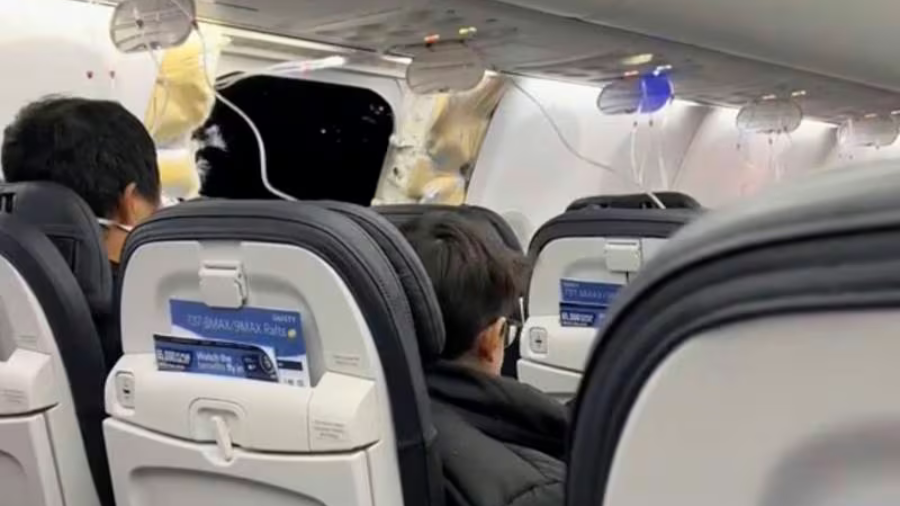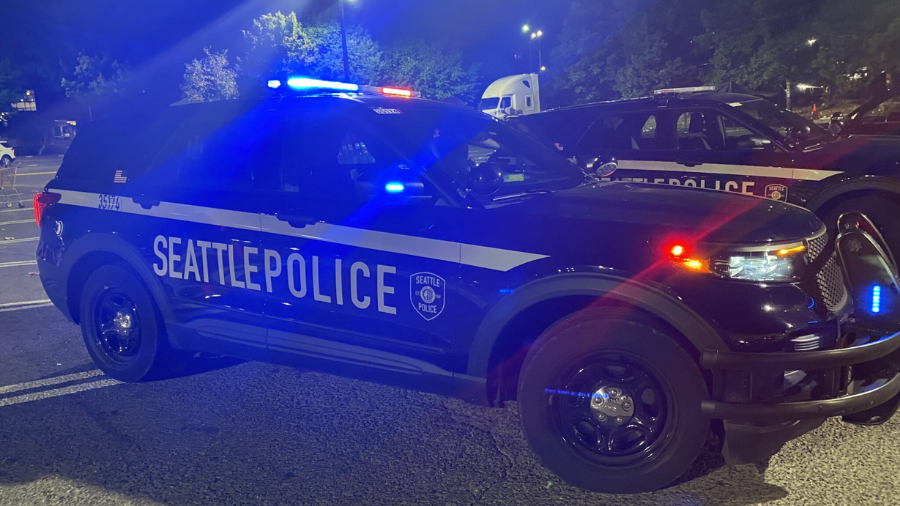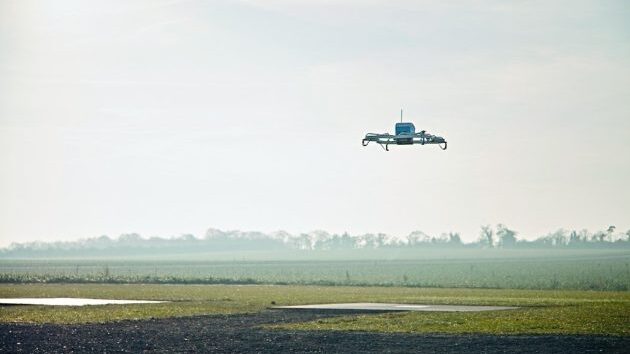Boeing might be on the hook for $100 million in cleanup costs
Apr 2, 2013, 6:03 PM | Updated: Apr 3, 2013, 5:35 pm

For almost 20 years Washington state's Department of Ecology has known that the state's water-pollution limits have meant some Washingtonians regularly consume toxic chemicals in seafood from local waterways. (Linda Thomas photo)
(Linda Thomas photo)
Update 4/3/2013 5:30PM with Boeing comment at the end of this story
Fish is a staple in the Pacific Northwest.
Tourists get the fresh catch of the day from fish throwers at Pike Place Market. Restaurants get fish from the Bering Sea or Pacific Ocean. And there’s plenty of seafood at most grocery stores.
For some in Washington – tribal members, Asian Pacific Islanders and immigrant groups – their source of fish is area waters.
“I see people fishing at Green Lake. I’m not sure I would eat fish from that lake,” says Robert McClure. “The Duwamish River certainly is very polluted. Many of the urban waterways have not been cleaned up to the point where you’d want to eat fish out of them.”
State environmental officials have known since the 1990s that some consumers of the local catch are dining on dangerous levels of toxic chemicals, yet they have not acted.
McClure, founder of Seattle-based Investigate West, says part of the problem is a standard for fish consumption that was set about 40 years ago.
“The fish consumption rate, an estimate of how much fish the average Washingtonian eats per day, is based on three-day food diaries that were done nationally in 1974,” says McClure. “They figured people only ate fish once a month. Even back then people in Washington would have been eating a lot more fish.”
To put that one fish a month in perspective – that’s about 6.5 grams per day, or a piece of fish about the size of a nickel.
Tribal members, immigrants, and sport fishermen regularly exceed the state’s estimate putting them at greater risk for cancer and neurological damage, among other illnesses, McClure says.
The consumption rate is important because by assuming people eat the equivalent of just one fish meal per month the Department of Ecology is able to set less stringent pollution limits.
Conversely, if the consumption rate reflected the reality that people eat about eight times as much fish today as they did in the 70s, the pollution and clean-up standards would also have be changed.
At least twice, Ecology has been told by its overseers at the U.S. Environmental Protection Agency to fix the problem and better protect people’s health.
The state was finally close to doing that last year, until an email trail McClure uncovered led him to the one company that launched an intense lobbying campaign against the consumption rate change.
“In the correspondence between the Ecology executives and the governor’s office there was one company’s name that came up a lot and that was the Boeing Company,” he says.
In June 2012, Boeing said if Ecology went ahead with plans to make fish safer to eat, it would “cost the company hundreds of millions of dollars and severely hamper its ability to increase production in Renton and make future expansion elsewhere in the state cost prohibitive,” according to an aide to former Governor Chris Gregoire.
Ecology emails show that by mid-summer, the agency already had been trying for months to assure Boeing and other business interests that it was coming up with “implementation rules” that would make it easier to comply with the new pollution limits.
Among the ideas floated was allowing businesses up to 50 years to reduce their toxic pollution loads.
Businesses and local governments are nervous about what might result from Washington re-estimating the fish consumption rates in part because Oregon already has boosted its rate and that looks likely to cost many millions, Investigate West reports.
A study of likely impacts to Oregon paper mills under the higher fish-consumption assumptions found it would cost that industry alone $500 million to make the switchover, plus $30 million to $90 million annually in operations costs.
“Not all the pollution in waterways comes from industrial facilities, some of it just comes running off the road,” McClure says.
“Boeing is afraid of being unfairly pinched to allow people to eat so many fish and an argument can certainly be made, just don’t eat the fish out of urban waterways.”
Boeing’s Cindy Glickert says the company is “committed to protecting the health, environment and economy of Washington State and all communities in which we operate.”
“We are seeking a balanced solution that addresses the need for a healthy fish consumption rate that is achievable and doesn’t negatively affect our operations in Washington or the state’s economy,” Glickert says. “We have repeatedly expressed to state officials our desire to achieve this balanced approach.”
Read the full investigation: Business Interests Trump Health Concerns in Fish Fight
By LINDA THOMAS












